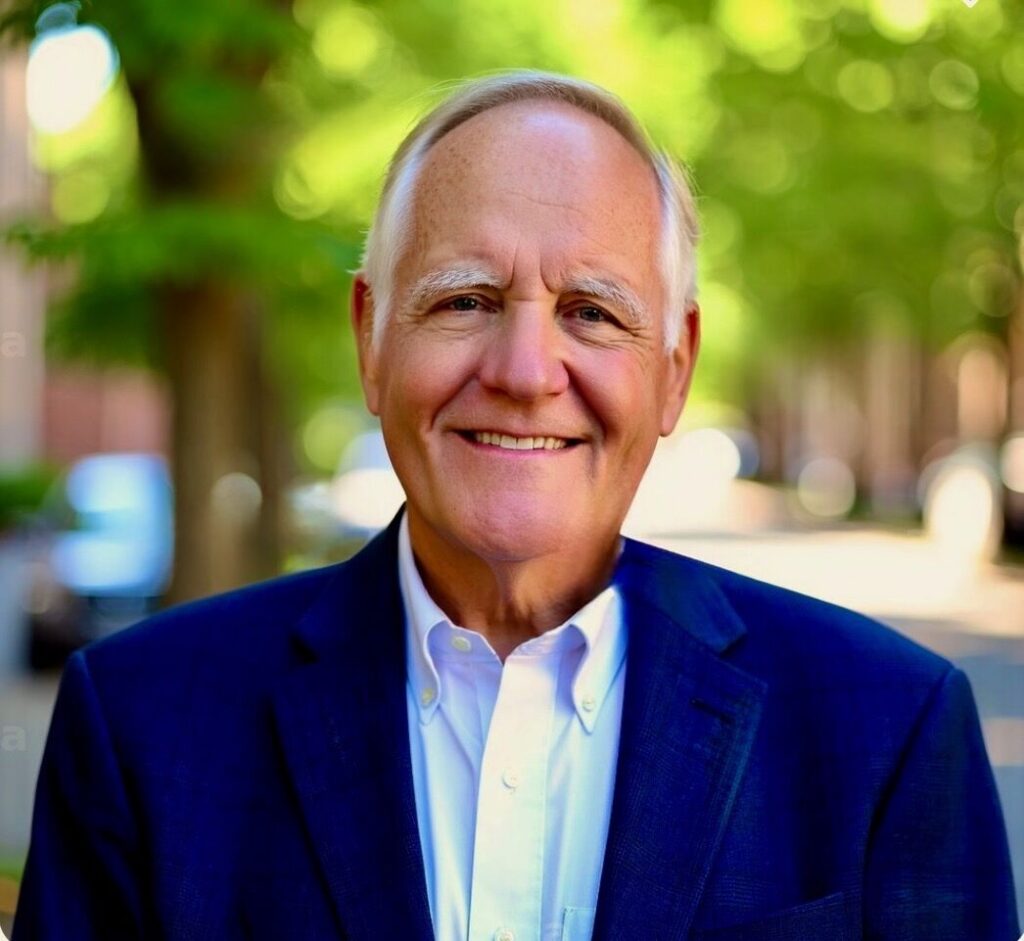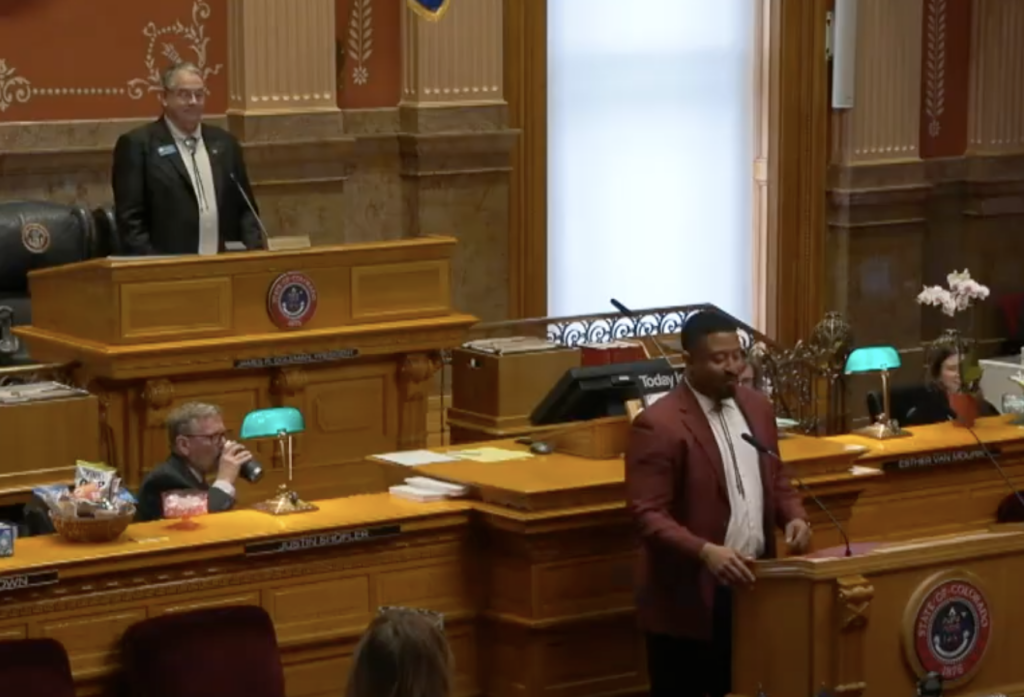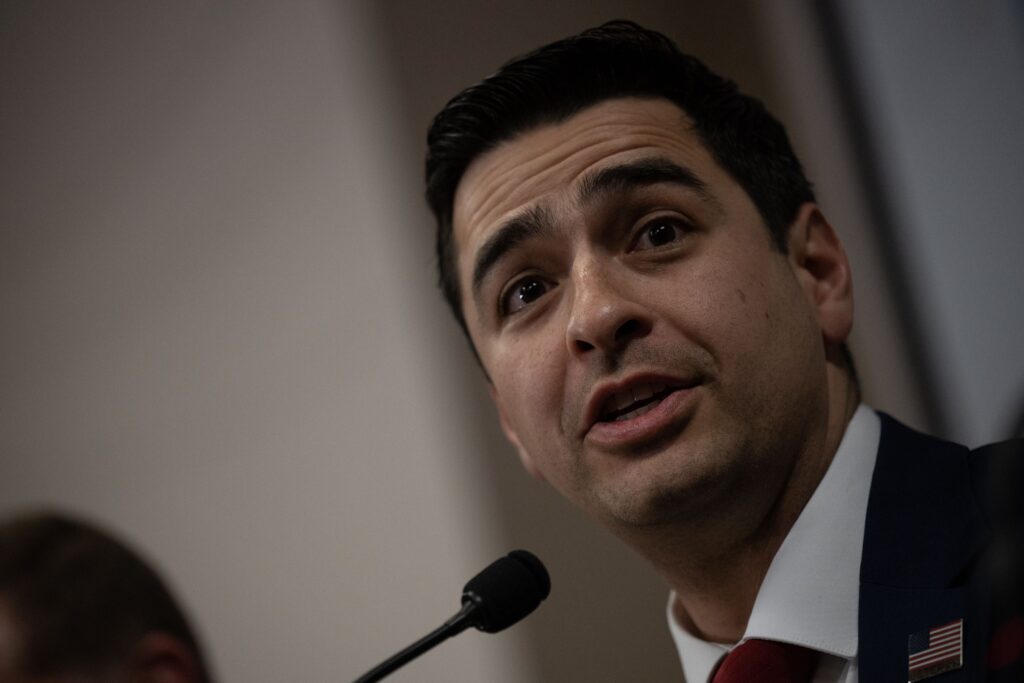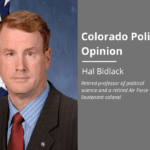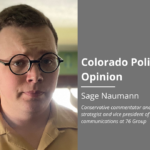Polis to skirt true state of Colorado economy in State of State speech | DUFFY
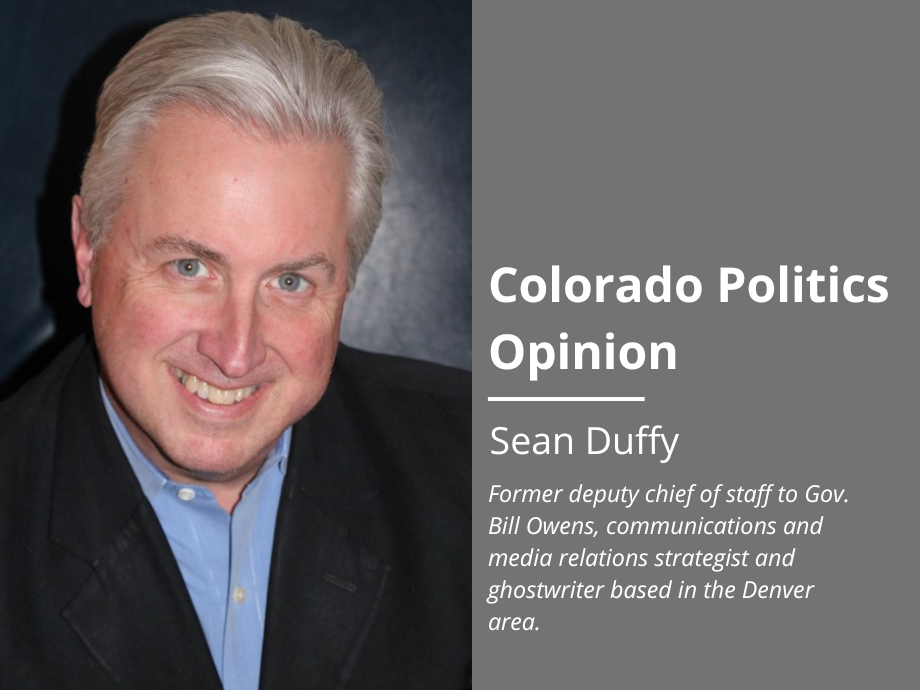

The turn of the calendar means it’s time for another governor’s State of the State speech. Rather than predict what Gov. Jared Polis will say, let’s focus on what’s guaranteed to be omitted.
The SOTS, as it’s known, is basically a one-hour commercial for a governor and his administration. It’s a report card and an agenda setter. And for Jared Polis, well into his second and final term, it’s a window into how he will shape his legacy.
Having helped Colorado’s last Republican governor craft several of these speeches, I know that, above all, the address is a tool for great headlines before legislators starts firing javelins at each other.
Stay up to speed: Sign-up for daily opinion in your inbox Monday-Friday
Which reminds us of an often-repeated Bill Clinton quote (no, not “Thanks for the plane ride, Mr. Epstein”).
It’s, “Don’t follow the headlines, follow the trend lines.”
The headlines Gov. Polis hopes for would tout how the “Polis Economy,” as he calls it, is humming along. That was his focus in the spectacularly unsuccessful efforts to convince voters the Proposition HH tax hike was a tax cut.
But the trend lines tell a more troubling tale.
First imagine a great Colorado economy: A national magnet for locating or expanding businesses, whether an entrepreneur’s small company or larger energy or manufacturing entities; Family-sustaining career paths broadly available thanks to high-quality education, low business costs and restrained regulations; A place where workers can build a life, buying a home in a safe neighborhood – perhaps in a clean and energetic downtown.
It was that and more not many years ago.
The Polis Economy, rather than offering a smooth, paved road to opportunity for earned success in business and in life too often creates a difficult-to-climb, rocky, steep path.
It’s hard to start or sustain a business in the Polis Economy, with progressive lawmakers – abetted by the governor and his appointments to regulatory boards – piling mountains of expensive and often needless regulations on companies. Though these regulations may generate good progressive headlines, one study showed a sampling of just seven new laws and regulations cost more than $2 billion.
So much for the governor’s oft-stated mantra of “saving people money.”
Think if those businesses could have invested that $2 billion in growing jobs, paying employees more or buying new equipment.
That’s only part of the story of why Colorado is increasingly expensive. Our cost-of-living trend line continues to grow faster than the national 3.1% average. Contributing to that growth is the 11% spike in household gas and utility prices, soaring way above the 0.2% average increase nationwide.
Building your future in the Polis Economy may include the dream of moving on from renting and toward owning your own piece of property – maybe a townhouse or a condominium.
You have a better chance, to borrow from George Strait, of finding some oceanfront property in Arizona.
Thanks to faulty, antiquated construction liability laws that make building condos unaffordable – but line lawyers’ pockets – Colorado ranks last in the nation in housing competitiveness, according to the Common Sense Institute. In fact, only one condo is being built for every 14 apartments.
But if you can purchase an attainable home, perhaps in one of the more densely populated urban or suburban communities, you will confront growing issues of homelessness and crime. These are human issues, but also quality-of-life and economic issues. Ask downtown merchants and restaurateurs how the state of their state is as 2024 commences.
Don’t look for a podium shout out from the governor that the state had the highest increase in family homelessness in the nation at nearly 70%. In Denver alone, homelessness has increased almost 50%.
An economic growth area in the Polis Economy is the black market for stolen automobile catalytic converters. Colorado is third in the nation for property crime rates, including auto theft. We batted cleanup in FBI statistics for combined violent and property crimes, ranking fourth in the nation.
If you are one of the few who owns a condo in downtown Denver, watch out for tiny livestock. An above-average national trend line is that Colorado’s capital city is No. 8 for being the “rattiest” in the nation according to Orkin, the pest-control company. Each year, the company measures the number of new rodent treatments ordered, and Denver clocked in at eight.
At least there’s one positive economic trend line for the governor to tout: pest control jobs are booming in the Polis Economy.
Sean Duffy, a former deputy chief of staff to Gov. Bill Owens, is a communications and media relations strategist and ghostwriter based in the Denver area.




